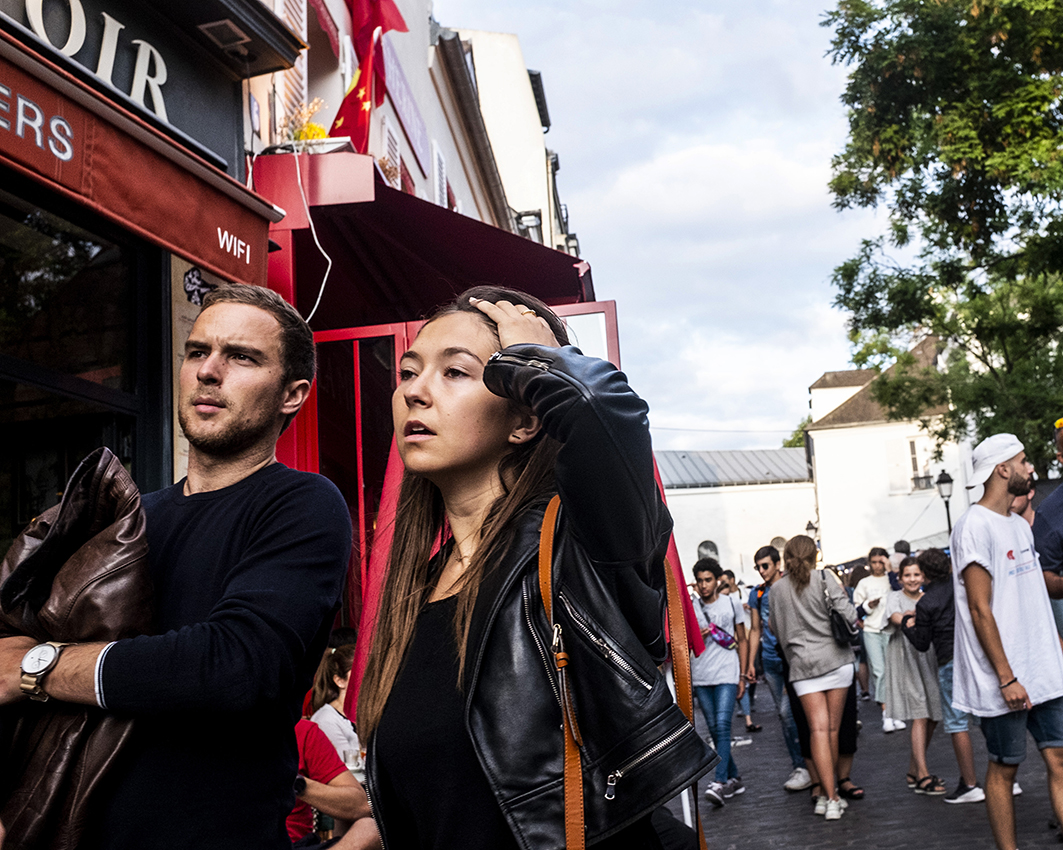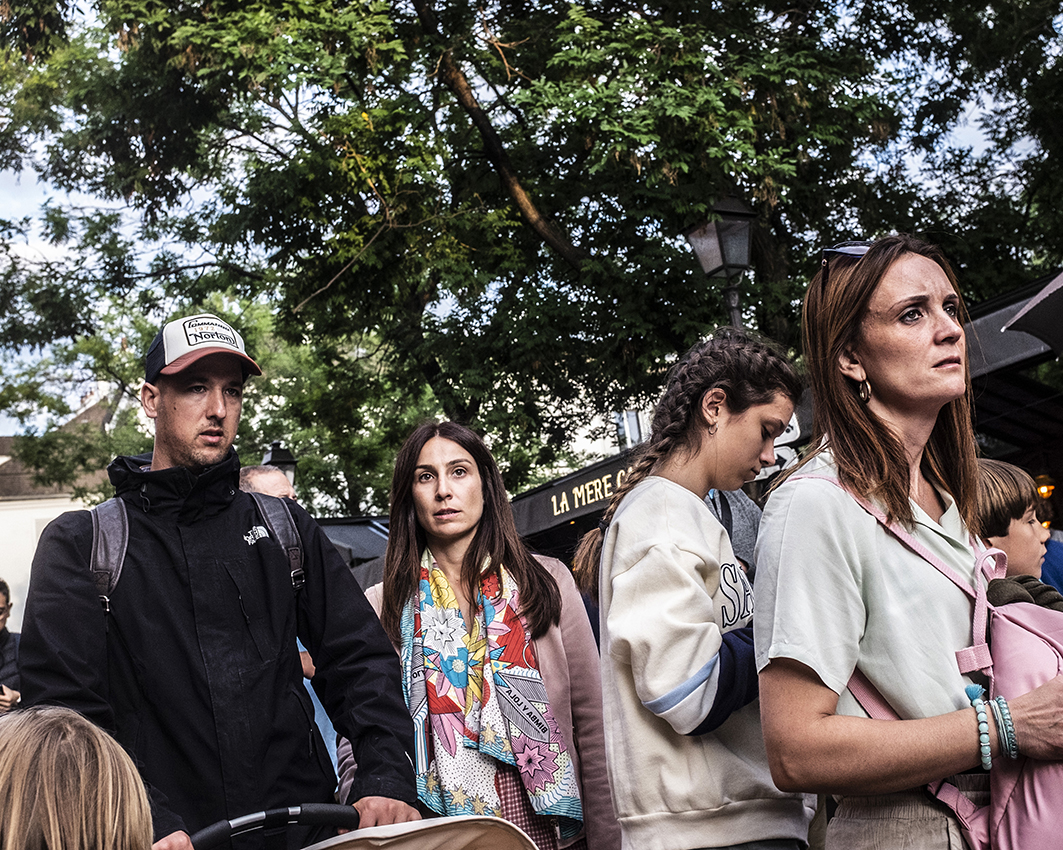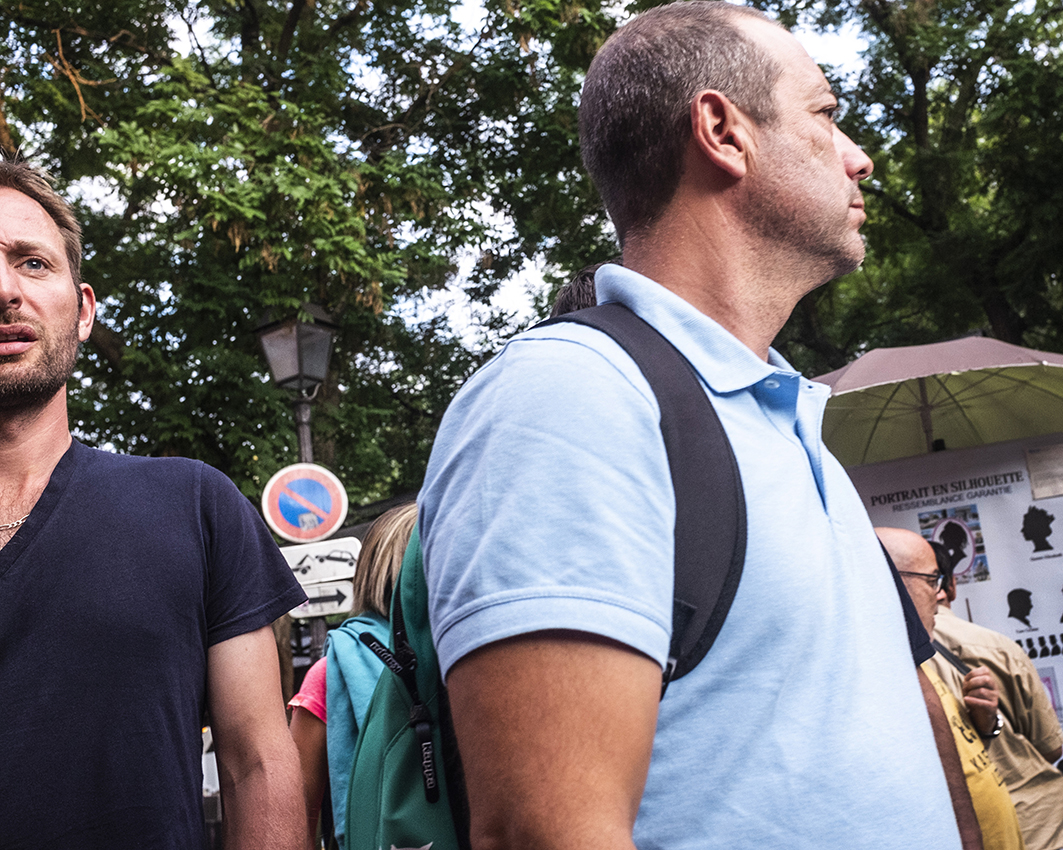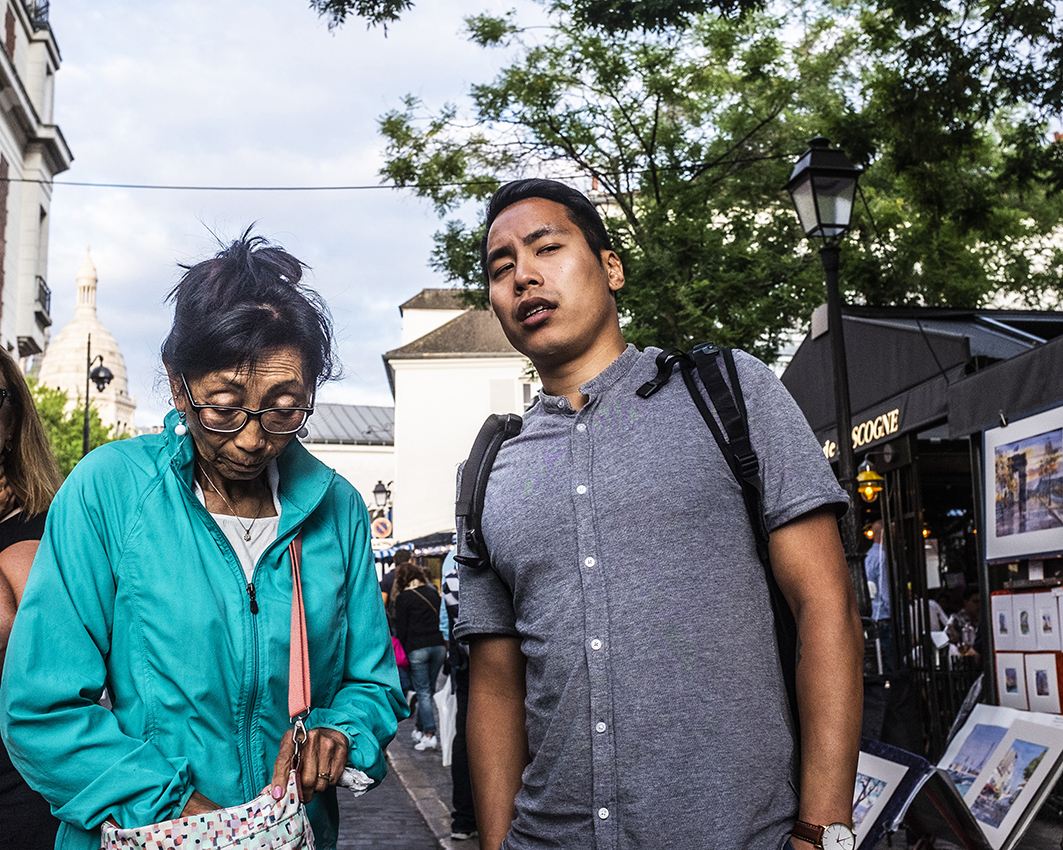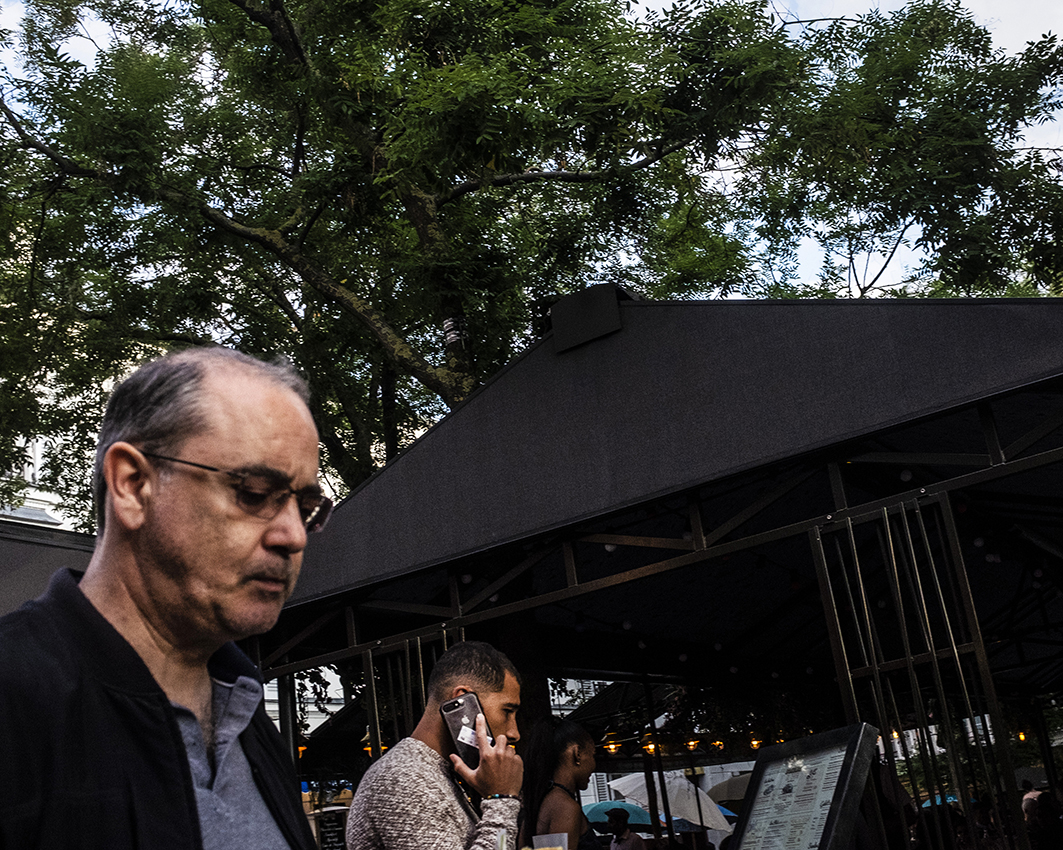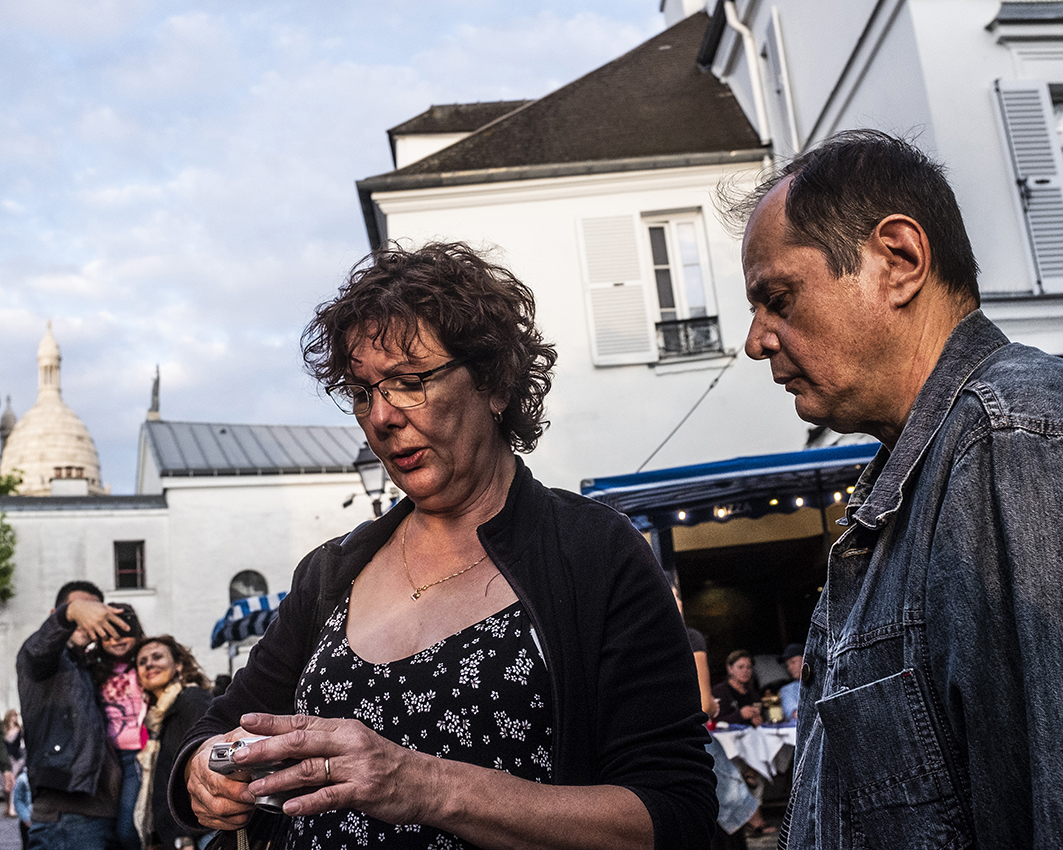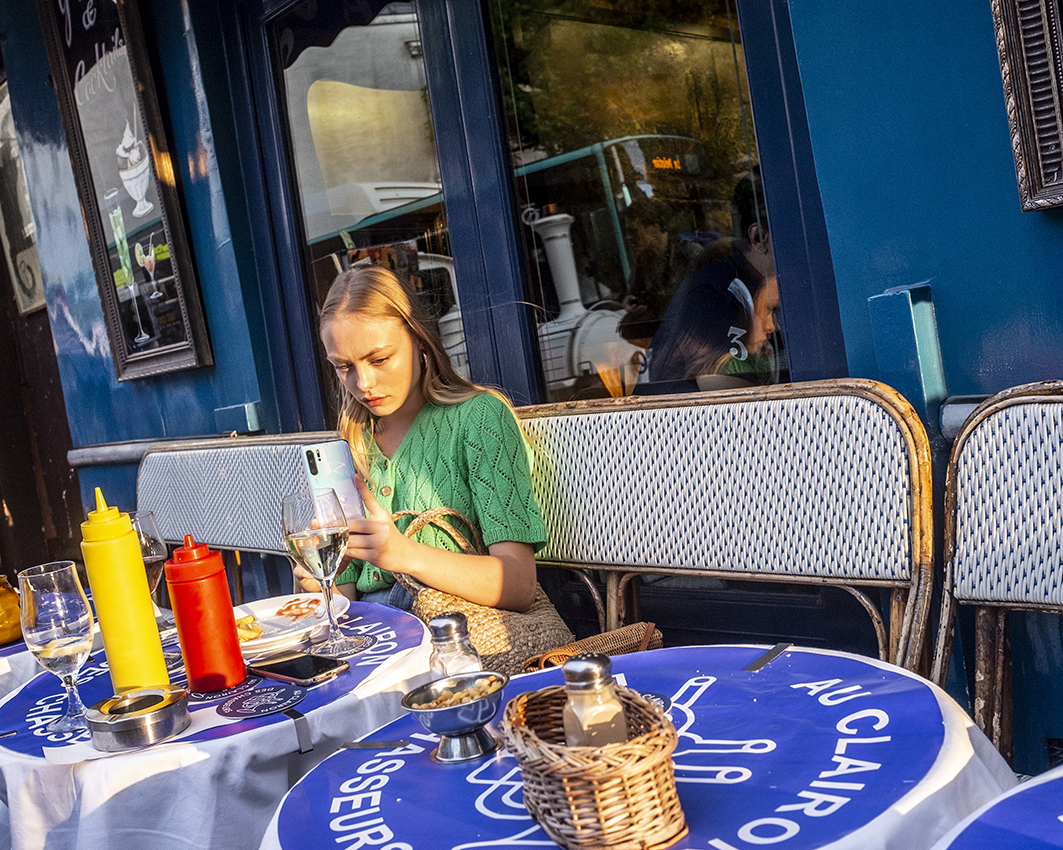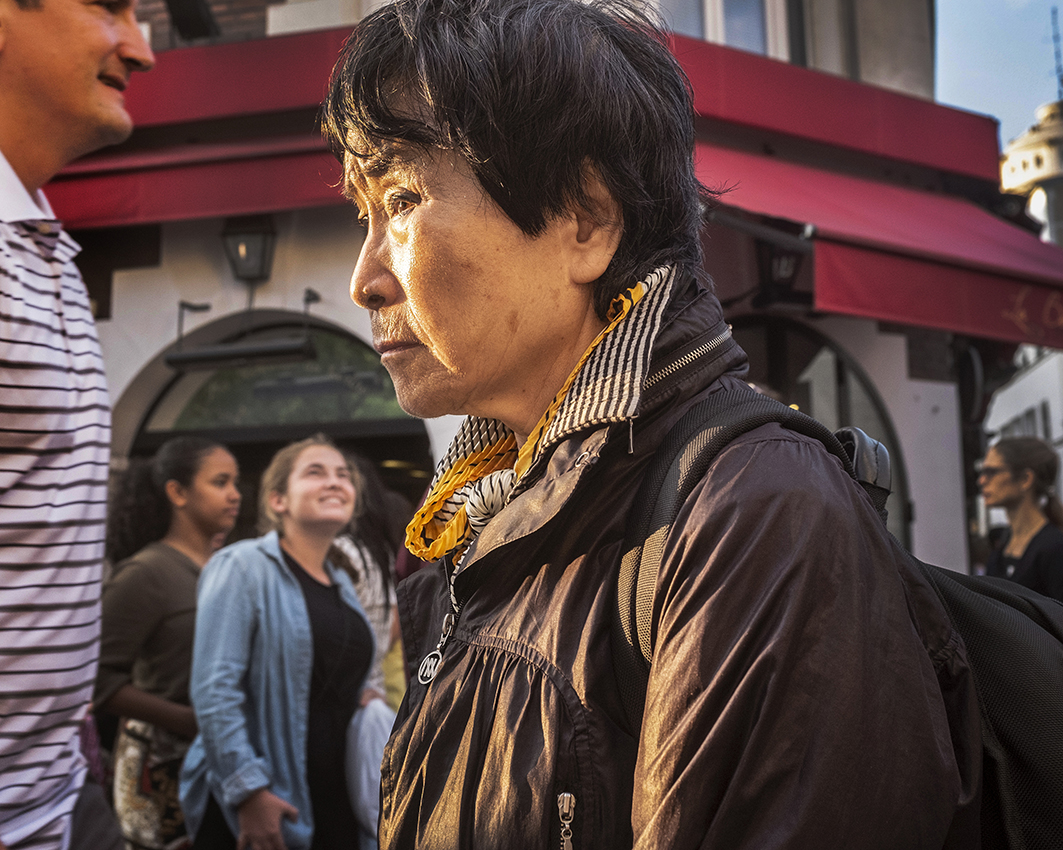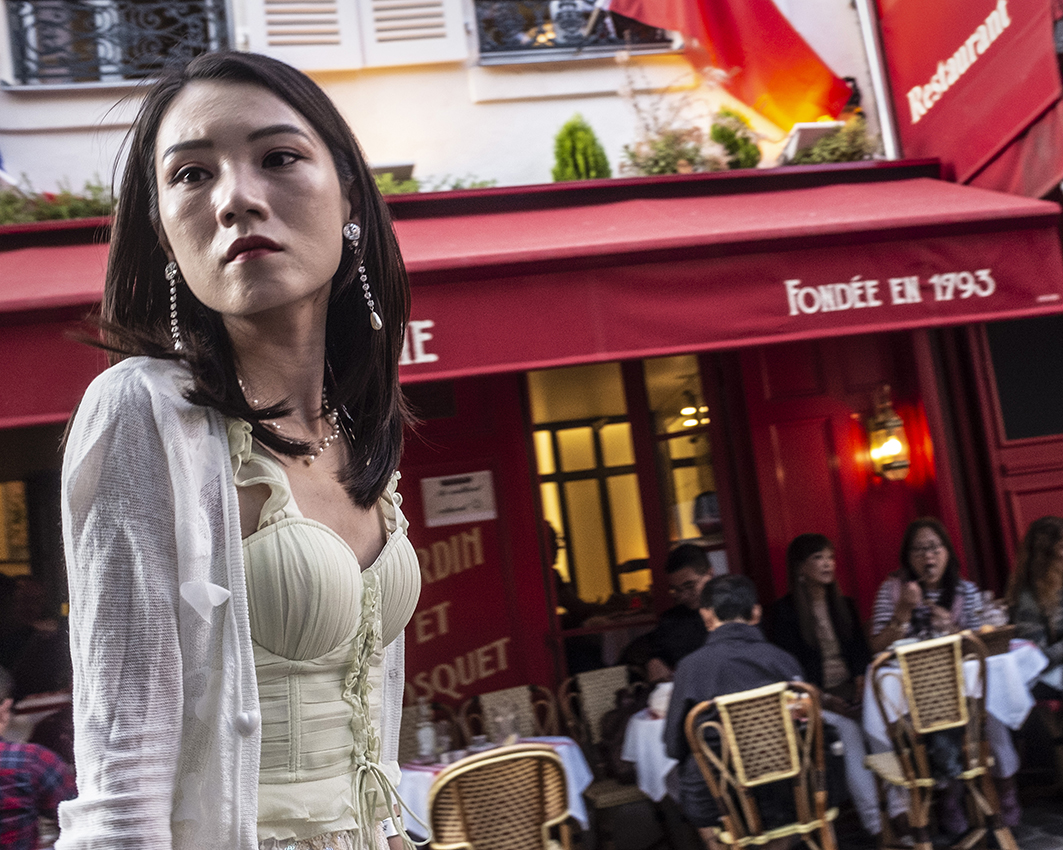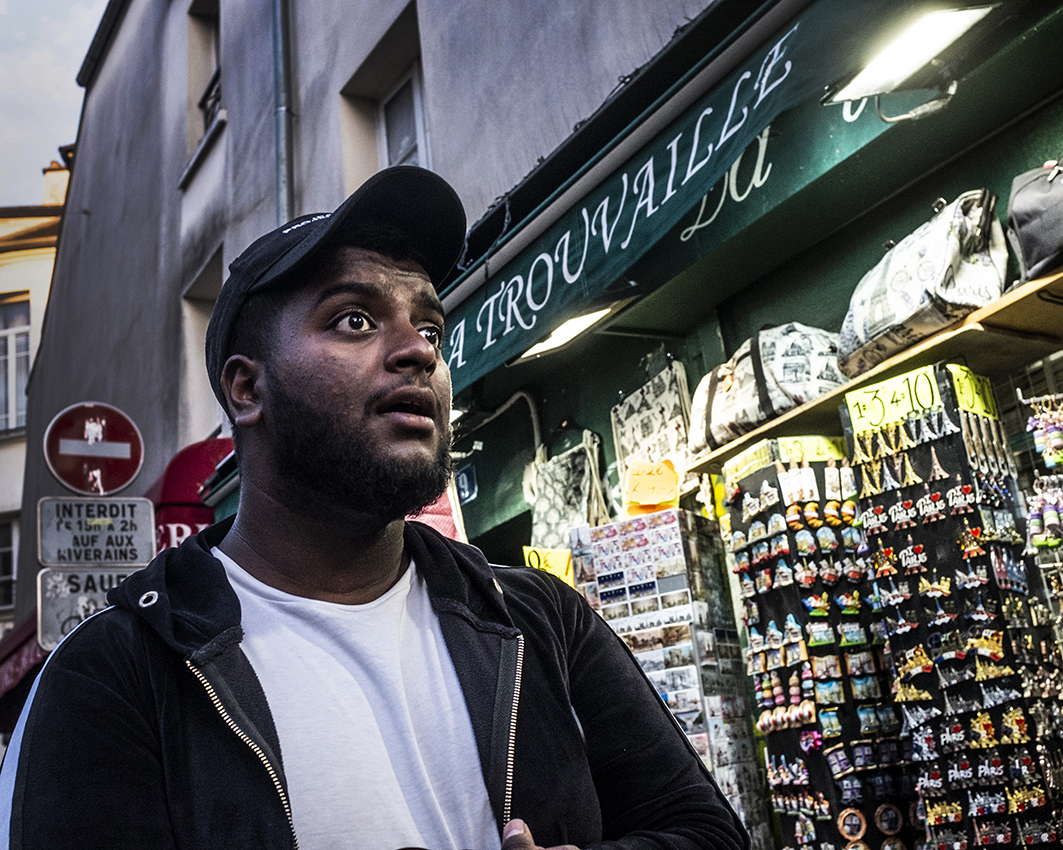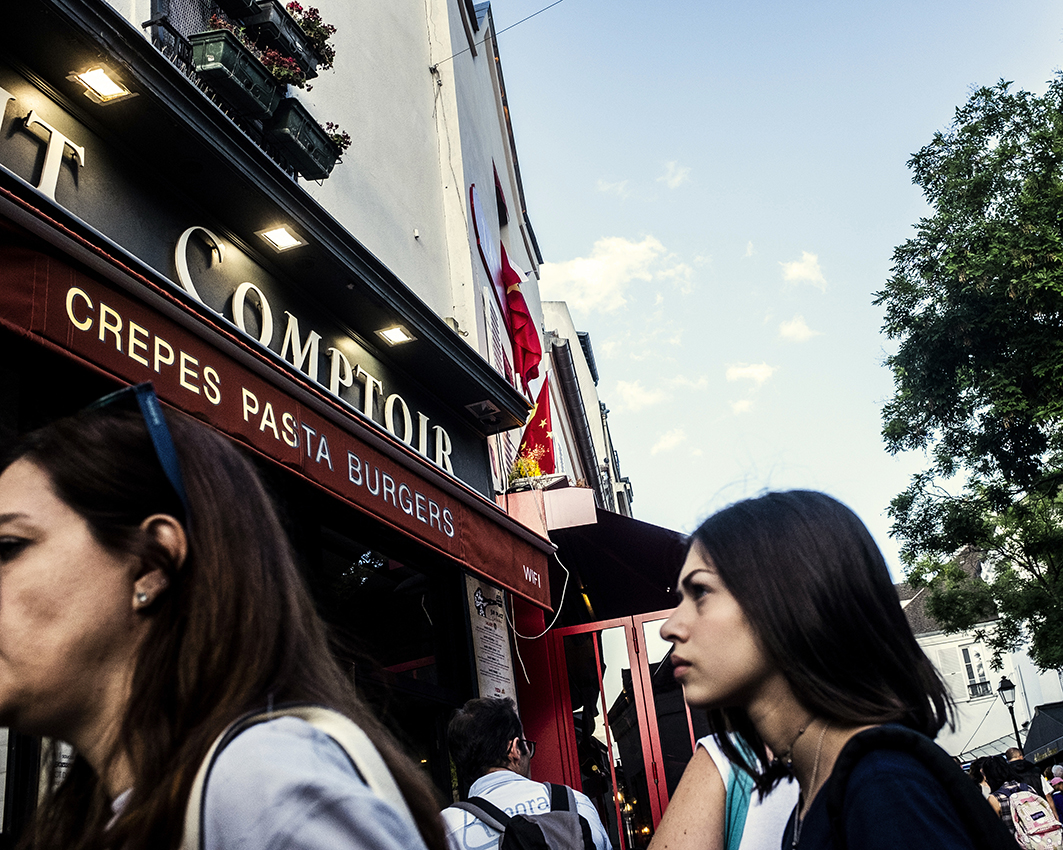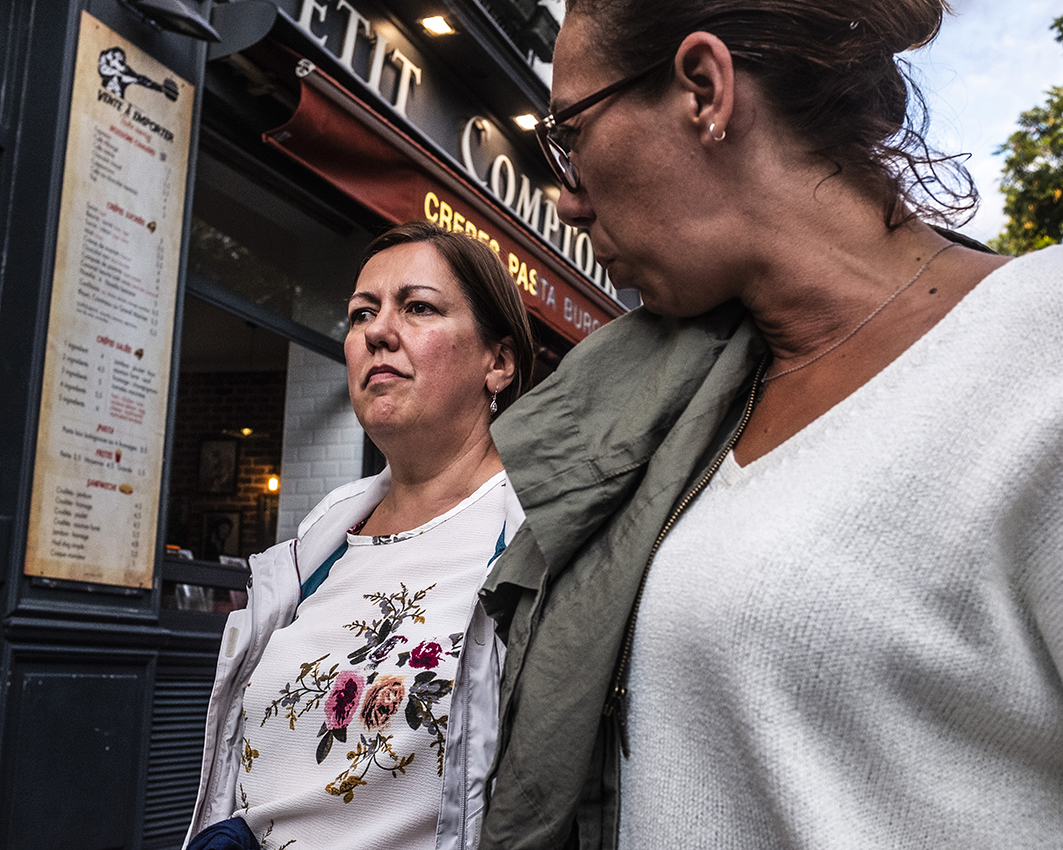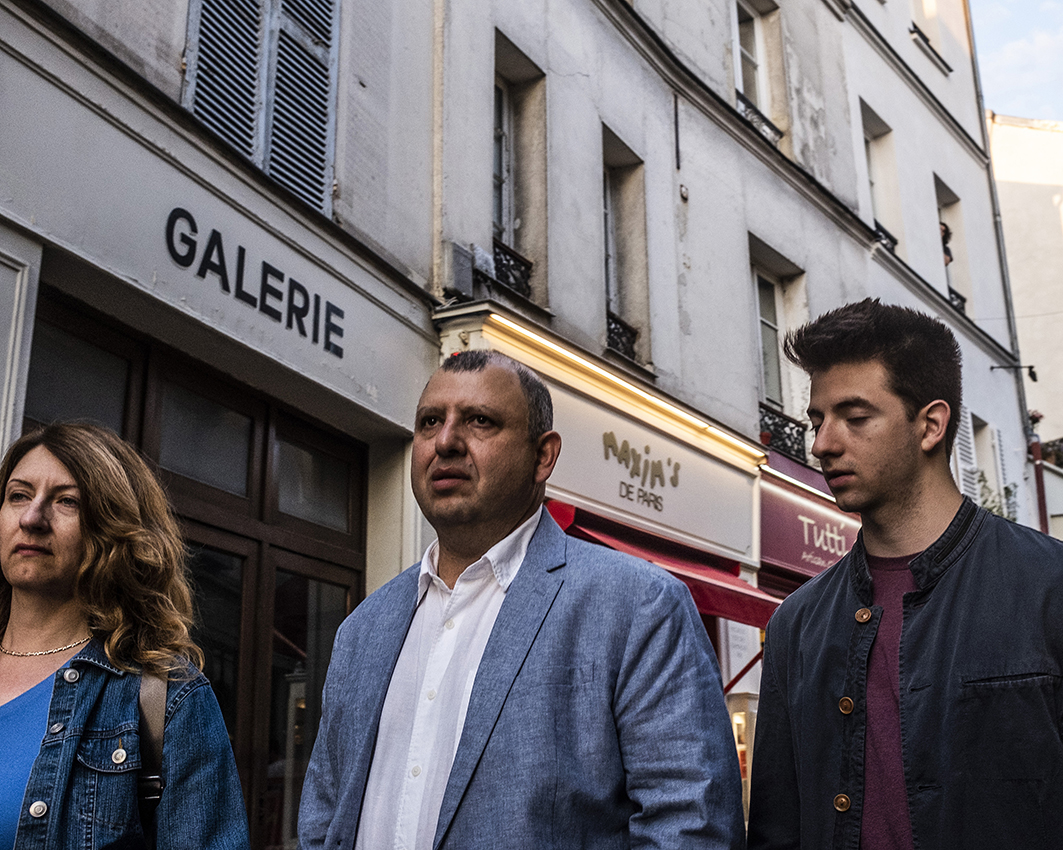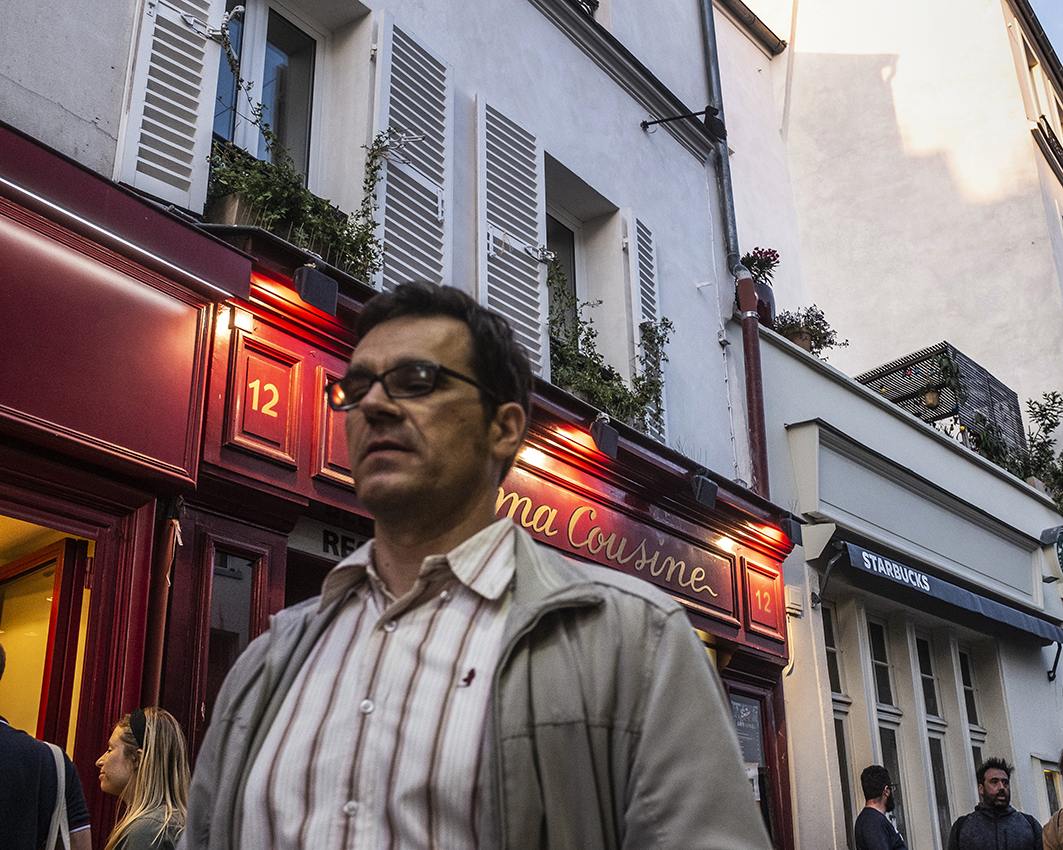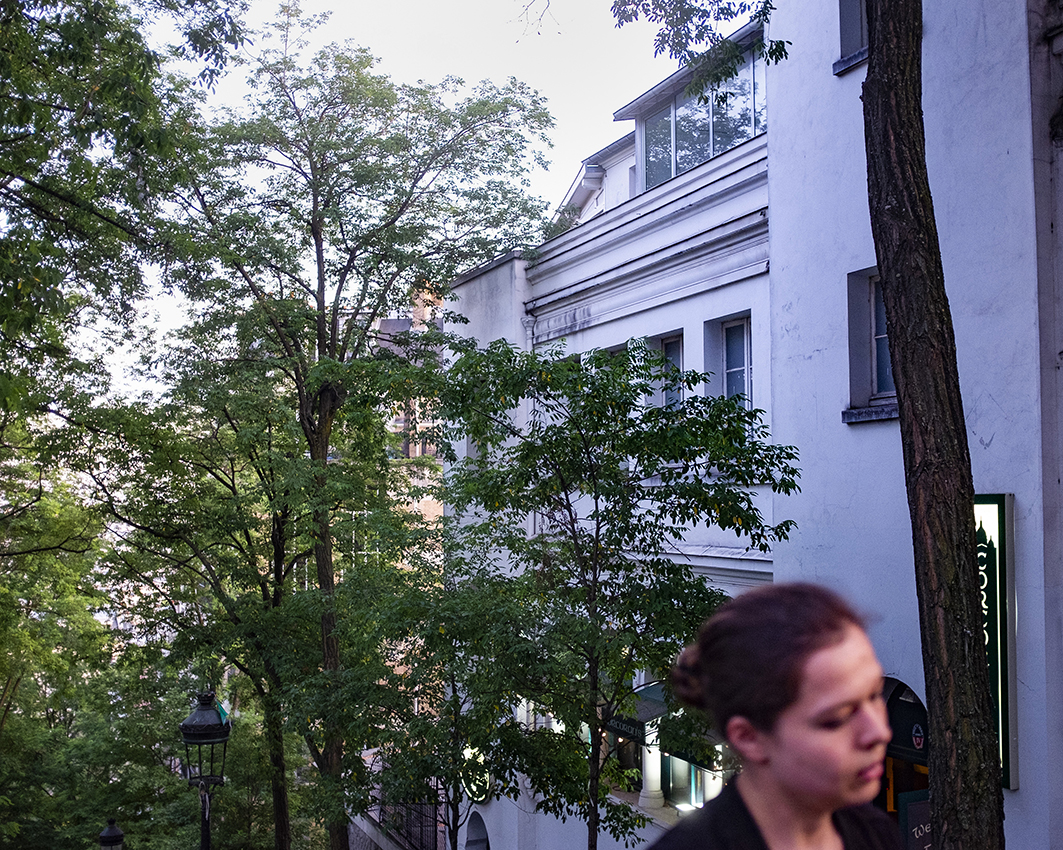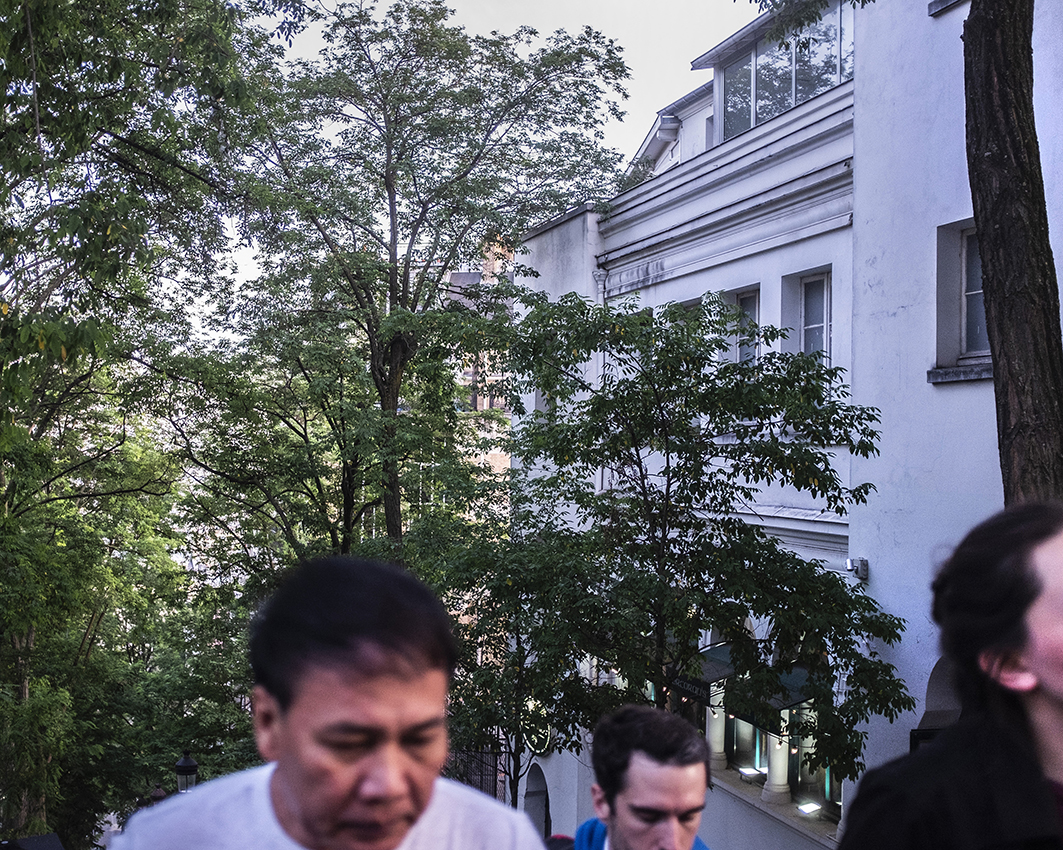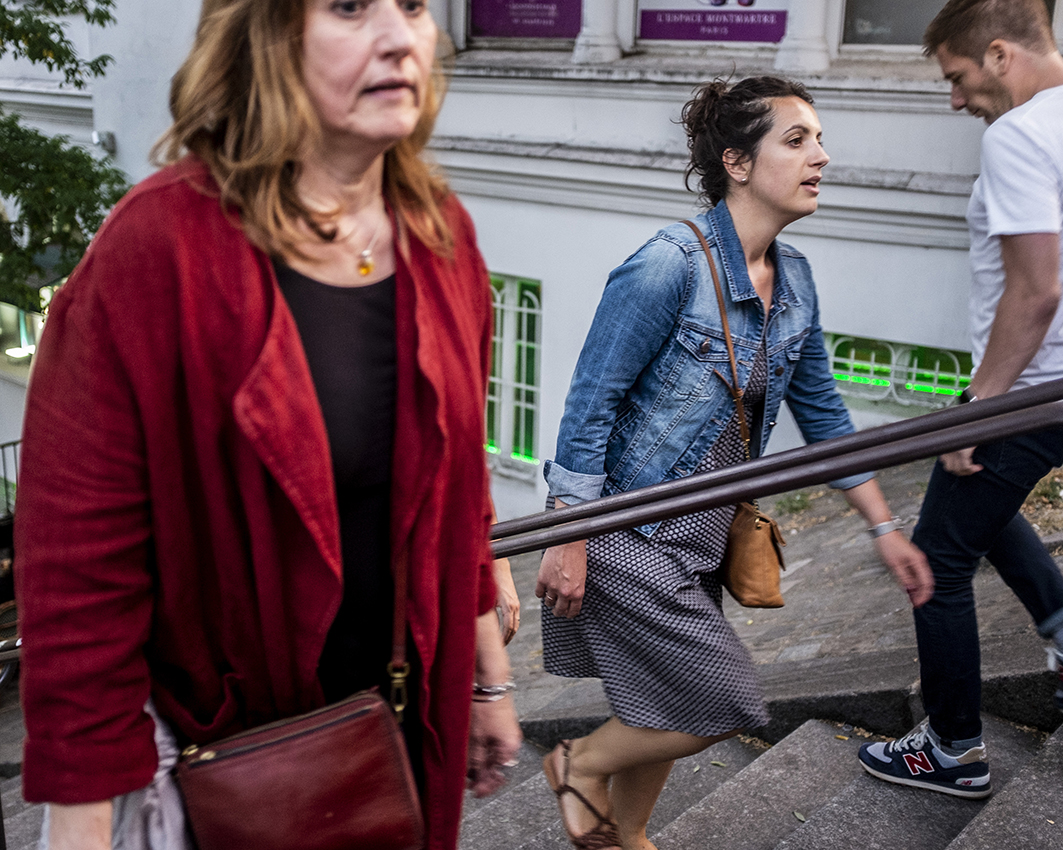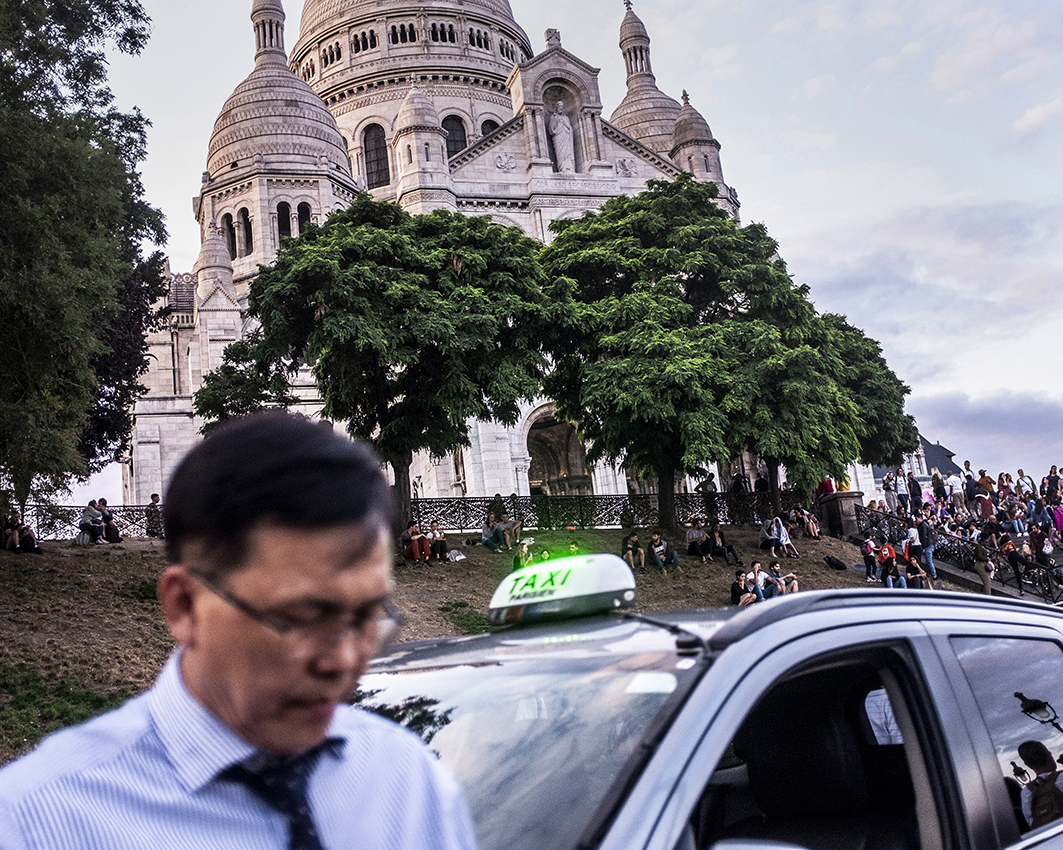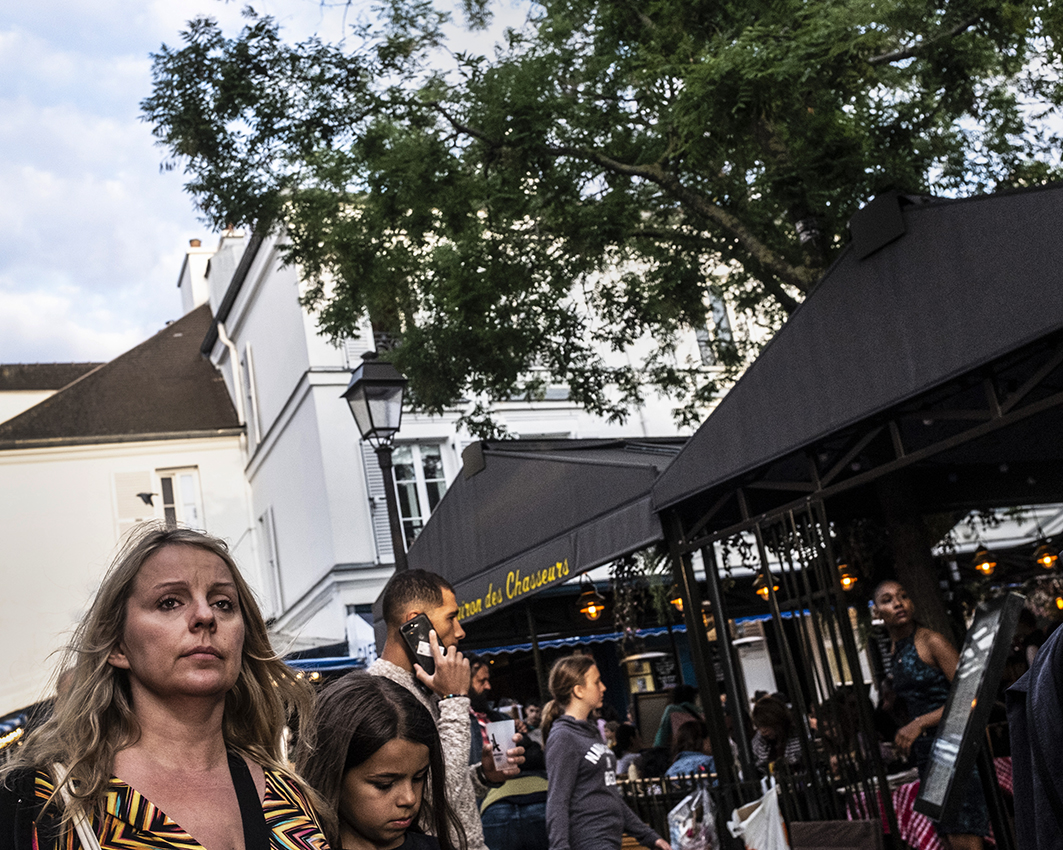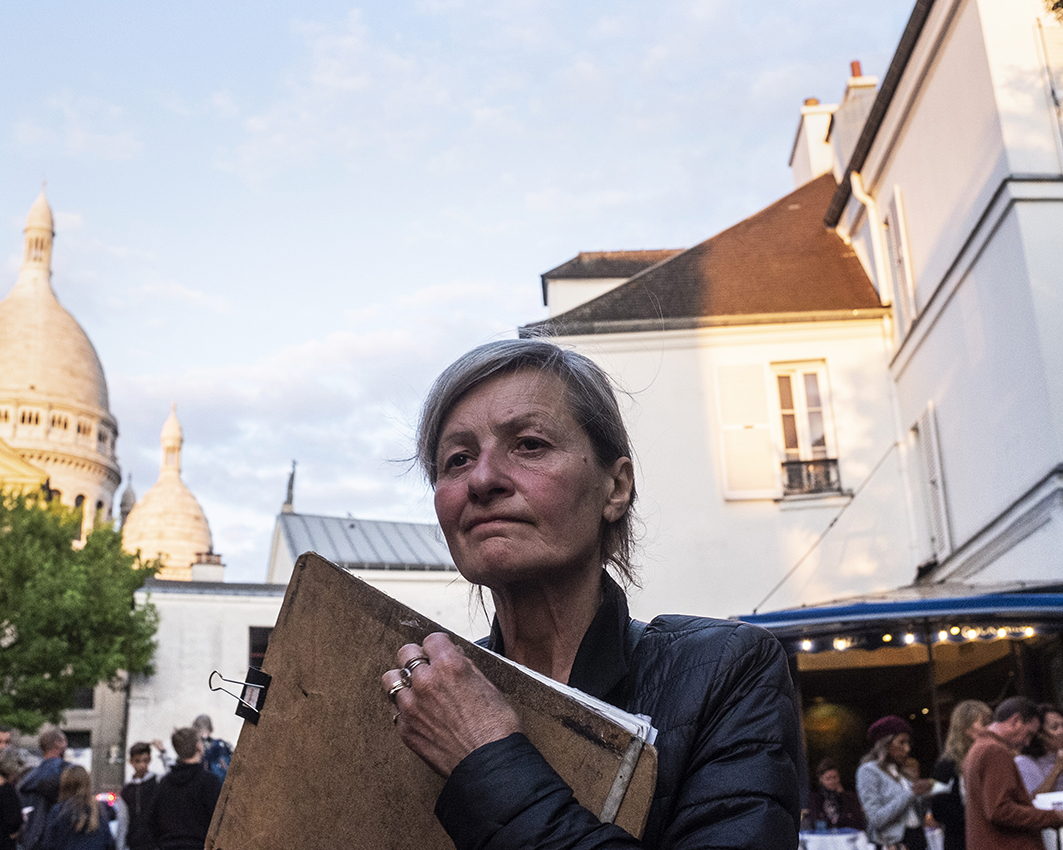LOST IN PARIS
Sono stato a Parigi nel luglio del 2019 per la prima volta in vita mia. Avevo una settimana di tempo e dovevo farmi un programma dei luoghi da vedere necessariamente. Dopo tre giorni ero sfinito. Ho scelto di abbandonare le mappe e di provare l'ebbrezza della flânerie. Ho iniziato a sentire la città. Non ho sentito quasi mai l'impulso di fotografarla con la mia macchina fotografica. Poi, in un pomeriggio in cui girovagavo per Montmartre, ho guardato i volti della gente che affollava le strade. Ho smesso di guardare gli edifici intorno a me. Ho deciso di fotografare quei volti. Avevano espressioni a volte disperate, come di chi cerca di dare un senso a quell'accumulo di sensazioni. Sembravano cercare un qualche tipo di aiuto, qualcosa che li riportasse ad una dimensione di normalità. Mi chiedo da tanto tempo quale sia il senso di un turismo cosi aggressivo e veloce. Forse perdersi resta l'unico modo interessante di rapportarsi ad una città.
I was in Paris in July 2019 for the first time in my life. I had a week and I had to do a program of places to see necessarily. After three days I was exhausted. I chose to leave the maps and experience the thrill of the flânerie. I started feeling the city. I almost never felt the urge to photograph it with my camera. Then, on an afternoon of wandering around Montmartre, I looked at the faces of the people who crowded the streets. I stopped looking at the buildings around me. I decided to photograph those faces. They had expressions that were sometimes desperate, like those trying to make sense of that accumulation of sensations. They seemed to be looking for some kind of help, something that brought them back to a normal dimension. I've been wondering for a long time what the sense of such an aggressive and fast tourism is. Perhaps getting lost remains the only interesting way to relate to a city.
